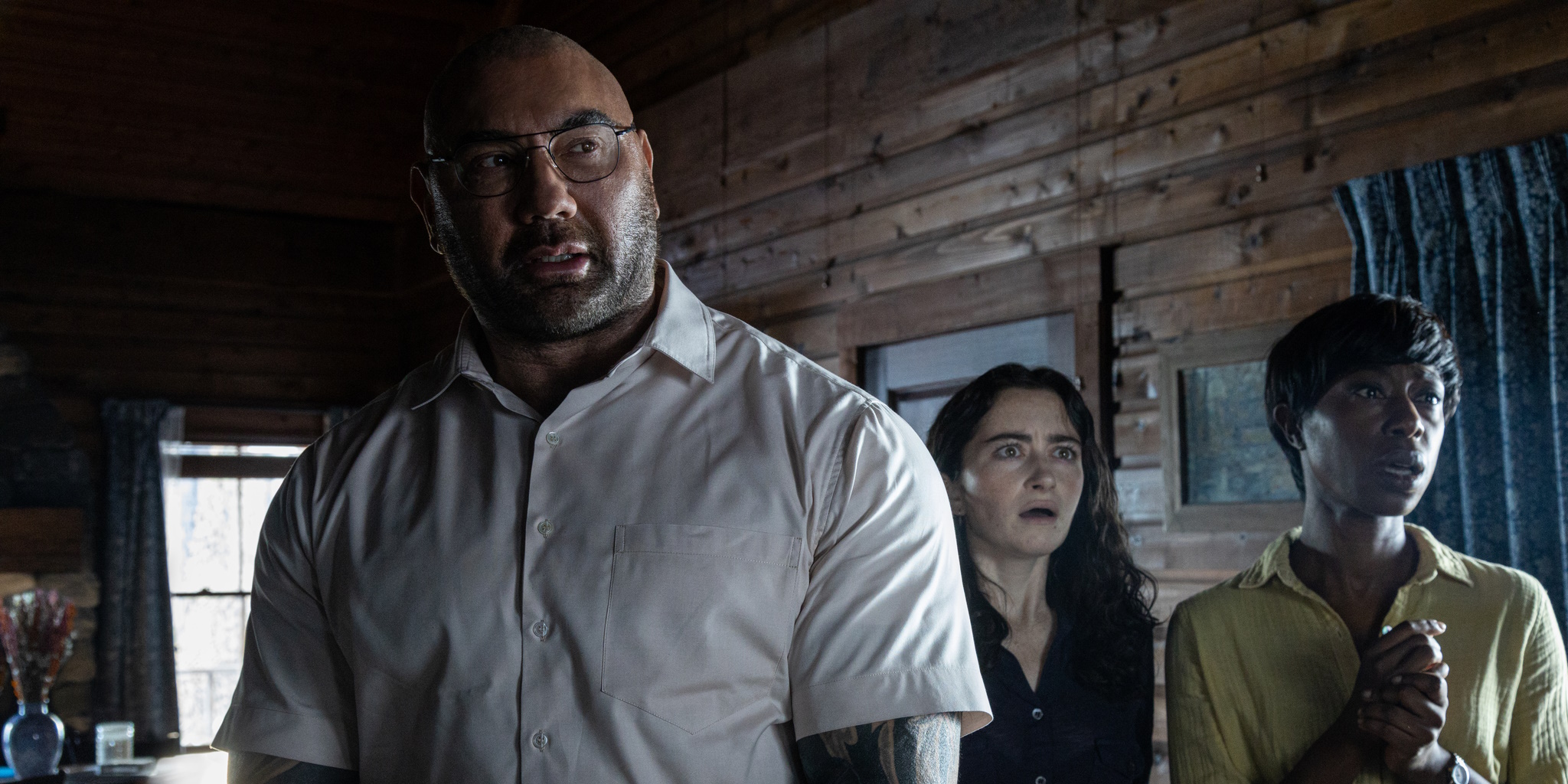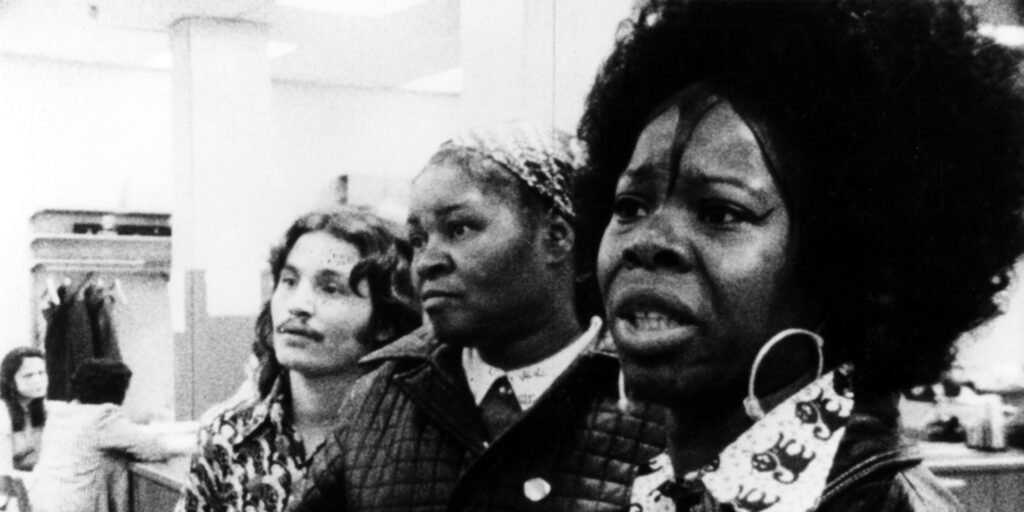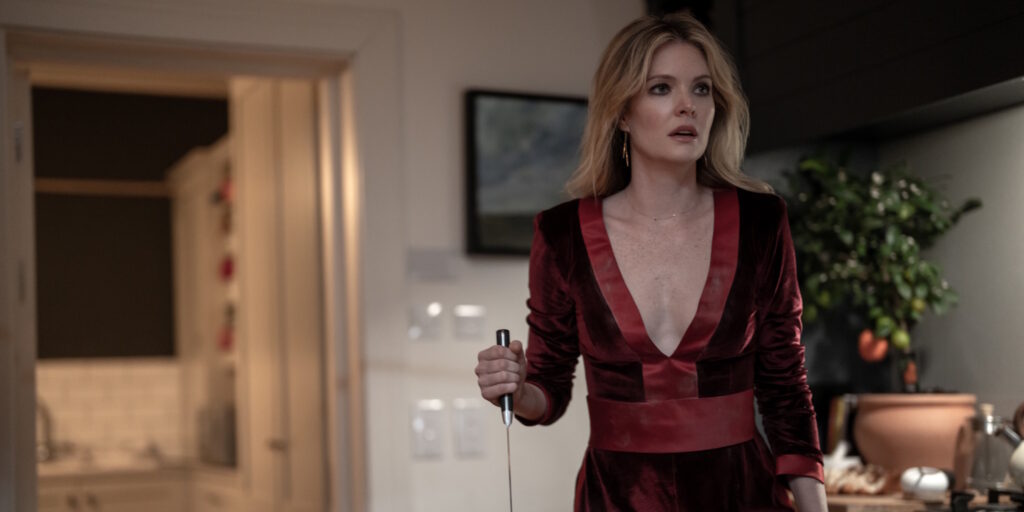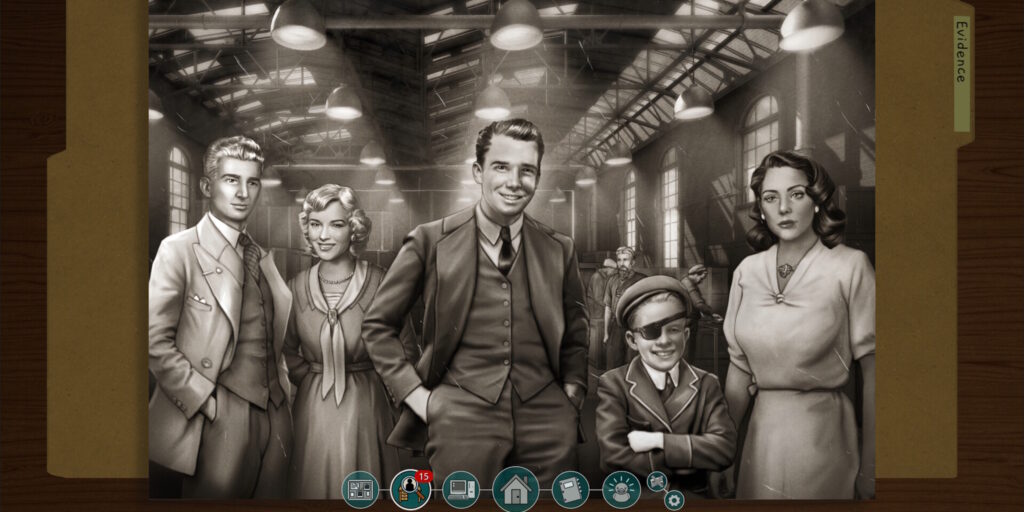Anyone who has taken an Ethics 101 class – or, alternatively, any devotee of NBC’s supernatural sitcom The Good Place (2016-20) – is probably familiar with the trolley problem. Originally presented and later developed by American philosophers Philippa Foot and Judith Jarvis Thomson, respectively, this thought experiment often serves as a vivid illustration for discussions of moral philosophy and psychology. In the simplest terms, the trolley problem and its myriad variations revolve around the decision to commit (or not commit) a lesser evil in order to avert a greater evil. This might seem like an easy choice – especially if you happen to be John Stuart Mill – but many ethical philosophers are still chewing on the dilemmas posed by the problem to this day. Like all thought experiments, it is a contrived, facially preposterous situation, primarily serving as a jumping-off point for debate about deeper questions of intent, agency, and competing moral interests. It is a scenario, not a story.
This distinction seems to have eluded writer-director M. Night Shyamalan, whose latest film, Knock at the Cabin, amounts to a cinematic exposition of a trolley problem. (And a particularly incoherent and ill-considered form of the scenario at that.) Reworking a screenplay by Steve Desmond and Michael Sherman – and originally adapted from Paul Tremblay’s Stoker-winning 2018 novel The Cabin at the End of the World – Shyamalan attempts to put his own indefatigably earnest, spiritual spin on the material. Unfortunately, the filmmaker seems to have been so enamored with the dilemma outlined in Tremblay’s bleak, enigmatic novel that he forgot to build a compelling story around it, or even an entertaining one. Accordingly, Knock at the Cabin feels less like a proper psychological thriller than a mere situation, an elevator pitch realized as a $20 million vacation-bible-school video. What’s more, the film lays bare Shyamalan’s fundamental misunderstanding of Tremblay’s story, and also of trolley problems in general.
The central figures of this scenario comprise a vacationing family of three: husbands Andrew (Ben Aldridge) and Eric (Jonathan Groff) and their 8-year-old daughter, Wen (Kristen Cui). Unfortunately, their idyllic, unplugged holiday at a remote lakeshore cabin is interrupted by the appearance of four strangers on their doorstep. These interlopers are led by a grizzly bear of a man named Leonard (Dave Bautista, an unexpected best-in-show), whose outward demeanor is polite, friendly, and almost incongruously gentle. (He first approaches Wen while she is playing alone in front of the cabin and cheerfully helps her catch grasshoppers.) However, there is something alarmingly purposeful about Leonard and his associates, and their sinister intentions are further betrayed by the gruesome, homemade weapons that they carry. When Andrew and Eric sensibly refuse to open the door to these threatening newcomers, Leonard and the others swiftly force their way inside and subdue the family, dealing Eric a nasty head injury in the process.
Perhaps understandably, Andrew jumps to the conclusion that this attack is motivated by homophobia, but Leonard explains, almost regretfully, that they knew nothing of the family prior to their arrival at the cabin’s front door. Indeed, Leonard, Sabrina (Nikki Amuka-Bird), Ardiane (Abby Quinn), and Redmond (Rupert Grint) were strangers until relatively recently, hailing from different cities and disparate backgrounds. What binds them is a shared religious vision of a nearing apocalypse and their pivotal roles in the prevention of this cataclysm. The foursome’s bizarre, private mythology is short on explanatory theology but long on ritualistic specifics. Haunted by their daylight nightmares of Armageddon, they were compelled to seek each other out, craft their strange totemic weapons, and converge on this exact cabin on this exact day. The interlopers maintain that Andrew, Eric, and Wen can stop the imminent apocalypse if they make an unthinkable choice: Two of them must willingly kill the third. If the family refuses to participate in this blood sacrifice, they are destined to be the only survivors of the End Times, presumably condemning them to wander the blasted ruins of human civilization.
The original novel’s style is distinctly literary, but the premise is pleasingly and intriguingly pulpy, recalling Dean Koontz’s excellent 1986 sci-fi horror novel Strangers and his all-but-forgotten pseudonymous 1984 potboiler The Servants of Twilight. In approaching this scenario, Shyamalan reveals two conflicting storytelling instincts, only one of which is left standing by the end. (Unfortunately, it’s the wrong one.) Initially, the director treats the family’s plight as a straightforward captivity thriller, albeit one generously sprinkled with ominous millennialist overtones. Much is made of the physical and psychological logistics of the situation: the efficacy of restraints, the locations of potential weapons, and the susceptibility of the invaders to deception and distraction. Wen’s precocious bravery and resourcefulness factor into the equation as well, as does Eric’s concussion, which clouds his judgment and limits his ability to physically resist their captors.
Shyamalan has always excelled at vise-tight thriller set pieces, and purely in terms of technical acumen, the director is in typically fine form here. Considered at a shot-to-shot granular level, his stylistic markers – such as copious use of close-ups and shallow focus – remain reliably arresting after two decades-plus of mainstream filmmaking. (Even the quirkier formal flourishes he trots out here, such as a jolting SnorriCam shot, are at least aesthetically interesting.) Considerable assists are provided by Robert Eggers’ regular lensman Jarin Blaschke, as well as co-cinematographer Lowell A. Meyer and editor Noemi Katharina, who are veterans of Tony Basgallop’s superb AppleTV+ horror series Servant (produced and occasionally directed by Shyamalan). Unfortunately, Shyamalan’s proclivities vis-à-vis structure and theme tend to work against Knock at the Cabin. His fixation on flashback sequences, for example, consistently derails the present-day action at the cabin to no apparent purpose. Unlike Split (2016), which used periodic flashbacks to ingeniously and rewardingly flesh out the dark personal history that ultimately precipitated Casey’s survival, little is gleaned from these peeks at Eric and Andrew’s early relationship or their adoption of Wen.
Gradually, Shyamalan begins to lose his focus on the film’s thriller fundamentals, and soon he fatally tips his hand: Knock at the Cabin is actually – surprise! – a movie about a very real apocalypse. Accordingly, the dramatic tension of the situation shifts from the lethal danger posed by violent, delusional cultists to a hoary faith-vs.-reason tug-of-war between the defiantly skeptical Andrew and the increasingly credulous Eric. However, even this conflict feels hollow, given that Shyamalan plainly commits to the reality of the looming Doomsday. The film all but excitedly blurts out that Eric is wrong, wrong, wrong. This is in sharp contrast to Tremblay’s novel, which remains devilishly ambiguous right up to its unspeakably grim, open-ended conclusion.
Which brings us back to the trolley problem and Shyamalan’s confused fixation on what is perhaps the least substantial aspect of the original novel. In fact, Tremblay’s story does not present an ethical problem but an epistemological one: Andrew and Eric are compelled to make an impossible decision based on limited, conflicting evidence. While Shyamalan teases the viewer with possible rational explanations for the film’s events – often shouted indignantly by Andrew – in the end he can’t resist brewing up a fire-and-brimstone apocalypse (or siding with faith over logic). In short, he has committed a category error. Knock at the Cabin thus devolves into a gimmicky, exactingly contrived situation rather than a story: a trolley problem in which the lives of one family are weighed against 7 billion other people. Frustratingly, the film’s apocalypse is so evasively ecumenical, it can’t even properly acknowledge the theological dilemmas that Tremblay raises, such as the relationship between a violent eschatology and the problem of evil. It’s just simplistic “Love Conquers All” bromides, all the way down.
These fumbles are especially disappointing, given that Shyamalan has explored similar territory before, and much more successfully. In Signs (2002), the existence of extraterrestrial visitors is obvious to the viewer, if not to skeptical minister-turned-farmer Grant. The cunning of Shyamalan’s screenplay lies in how he uses science-fiction tropes to raise doubt-vs.-belief tensions, only to pivot, rendering a global alien invasion as the mere backdrop to a deeper, ultimately equivocal rumination on humanity’s stubborn search for meaning. Knock at the Cabin isn’t ruminating on anything. It’s simply allowing its philosophically spurious situation to play out, before turning to the viewer and asking – like some overly familiar youth pastor – “Really makes you think, doesn’t it?” Not really. At least Alex Proyas’ similar, notoriously deranged apocalyptic thriller Knowing (2009) had a feverish Nicolas Cage and an unflappable commitment to its sci-fi inanity and shocking callousness. Knock at the Cabin doesn’t offer anything except the perennial, possibly futile hope that Shyamalan will someday get out of his own way and leave the writing to someone else.
Knock at the Cabin opens in theaters everywhere on Friday, Feb. 3.




